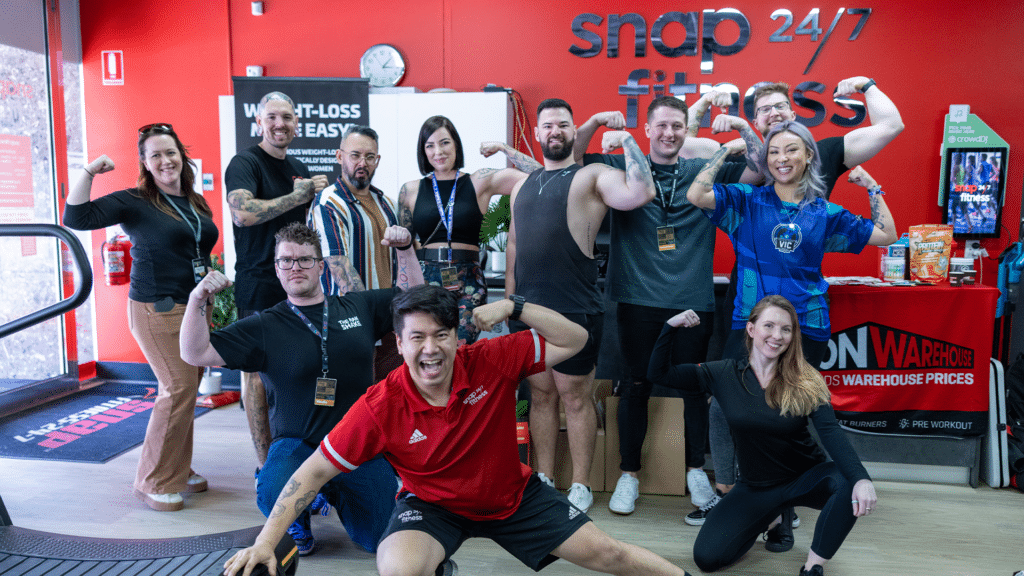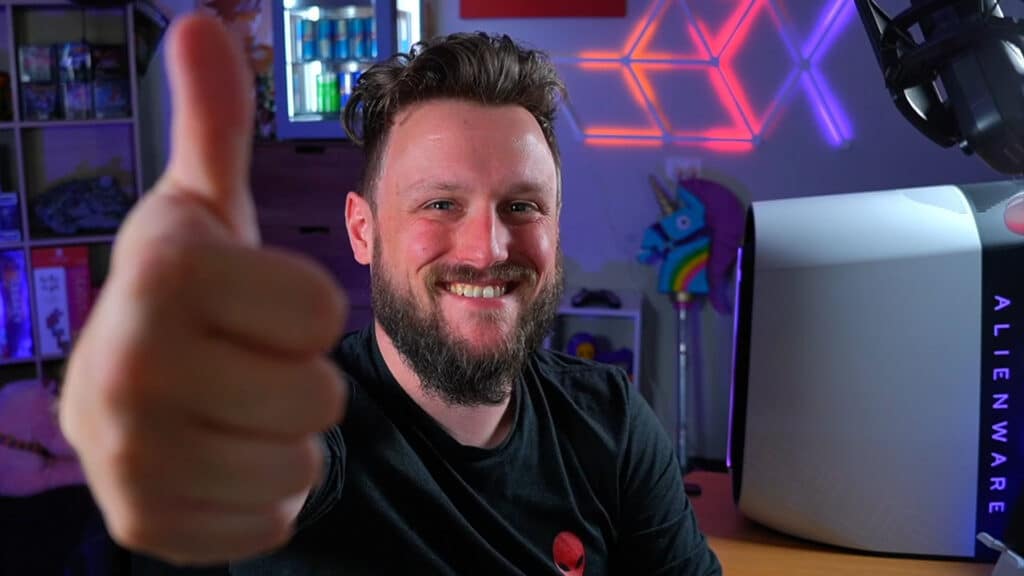Today’s Pride in ANZ Pride is from a big name in local queer activist groups and founder of an online diversity project, aptly titled Digital Diversity. Through their hard work, they continue to make ANZ queer voices louder and promote opportunities!

Kaiju
(They/Them)
Streamer/Podcaster/Journalist/Activist
Twitter | Digital Diversity | Website
Kaiju: It’s a real mixed bag being part of the LGBTQIA+ community in the games industry here in ANZ. Broadly speaking it’s a positive space within the community itself, with lots of support. Unfortunately it’s also almost totally overlooked by the industry at large. There aren’t any large, diversity-specific initiatives set up to help queer folx progress in the industry, and even fewer that will speak up publicly in support to deal with the toxicity that is so prevalent in the industry at large. And of course with any large community that hopes to be an umbrella group for many smaller groups it’s not without its share of internal problems. We’re all doing our best, ya know?
Kaiju: My project, Digital Diversity, aims to bring awareness to the voices that make up the LGBTQIA+ game development community. To help raise up developers , due to their lack of industry experience, or the kind of content they make, so that they can gain some recognition & confidence about their work. I’ve been running it for over two years now and I like to think it’s helped at least a few folx feel proud of what they do and helped them to find their audience.
GTG: How do you bring your queerness into your content?
Kaiju: Haha, most of my content is at least tangentially about my queerness. My most consistent streaming events over the last 2 years have been all queer focused, almost all of my games journalism has been either in support of LGBTQIA+ representation or my own experiences, and my only complete game thus far is about my experiences as a nonbinary person. It’s my queerness that has fueled my drive to be heard and help others be heard.

GTG: What would you change about the ANZ scene?
Kaiju: Firstly I’d start by elevating more marginalised folx into positions where they can be heard in the industry, Far too much of what happens in the industry is decided by white cishet abled men, and that shows in how decisions are made for us all.
I’d also bring back diversity-focused game events. GaymerX 2017 was important to a lot of people, myself included. And I really want to see more initiatives like that.

I wanted to do something about that.
GTG: What would you say to a young queer person who wants to do what you do?
Kaiju: Be prepared to shout a lot about what you believe in & push back against people who don’t want to change the status quo. You’ll encounter a lot of people out there who don’t want to acknowledge their privilege & fight against anything different. Be louder, be prouder, show that you won’t back down. Oh, and get your self-care toolkit together, you’ll need it.
GTG: Your favourite queer gaming moment?
Kaiju: That’s a tough one. For the project I’d say launching the Digital Diversity Podcast. That day the project became more than just me, and we had a new way to make more voices heard. Personally I’d say getting to run the queer games panels at PAXAUS. Being up there with some of the loudest & proudest queer voices in the industry who are doing their best to make positive change, and talking to hundreds of people about the issues that matter in terms of representation in gaming was the most powerful moment for my queer gaming career.




